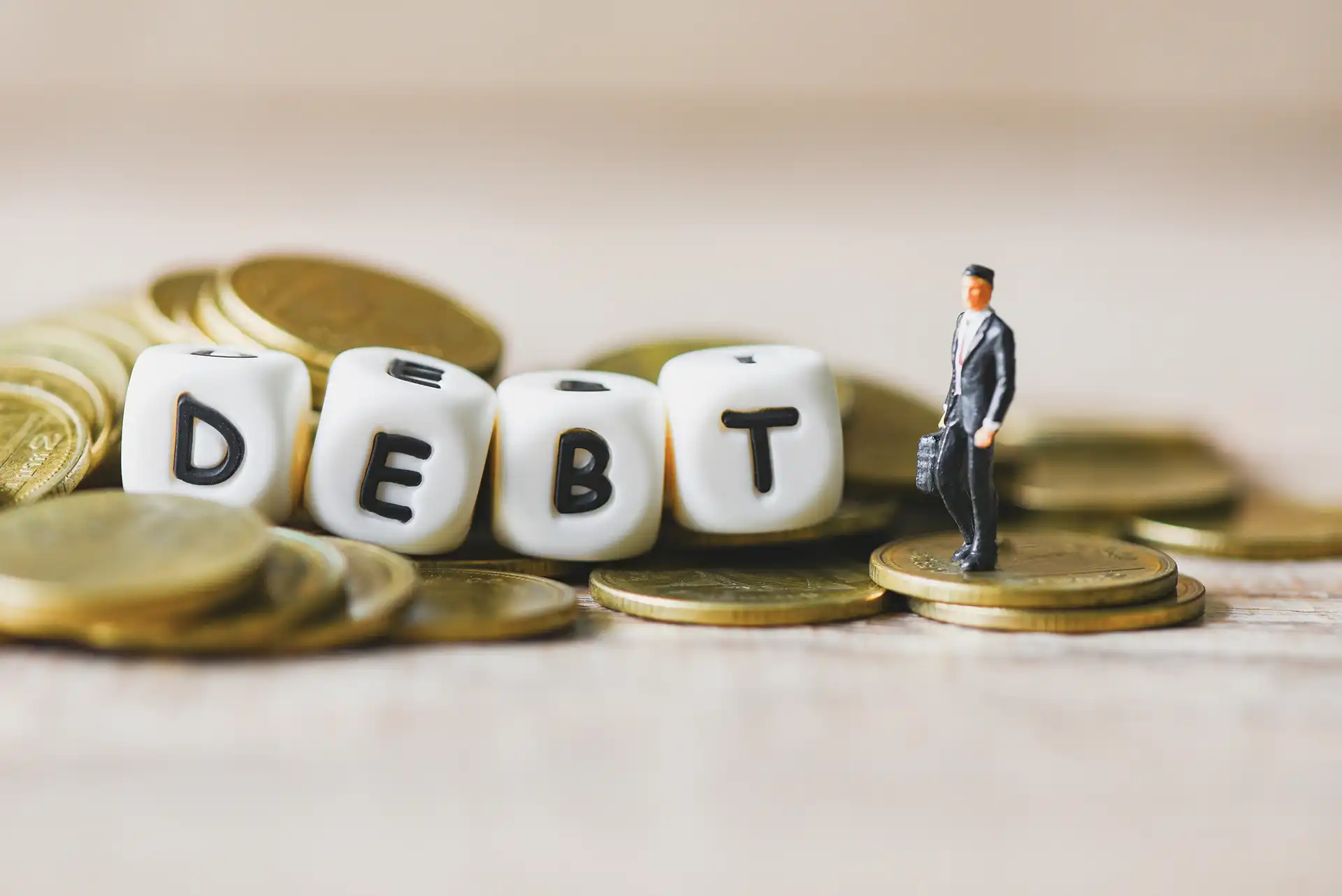DUBAI (GULF NEWS) – According to debt advisors in the UAE, tackling high-interest debt can be a complex task, and it could lead to a significant error if your plan only involves paying off the remaining balances. Here’s the rationale behind their cautionary advice.
Surveys conducted on a global scale reveal that individuals who don’t fully pay off their loan balances each month often employ inefficient approaches to debt repayment. To illustrate this point, here’s an example.
Suppose you have a loan of AED10,000 and another loan of AED5,000, and you have AED1,500 available to allocate towards both balances in a given month. In all likelihood, you would choose to pay off AED1,000 on the larger loan and AED500 on the smaller one, irrespective of the interest rates associated with each loan.
“Making payments proportional to balances owed on each loan is what is referred to as ‘balance-matching’. However, ‘balance-matching’ still causes debtors to eventually rack up higher amounts of interest,” said Mirin Raul, a Dubai-based debt advisor.
“Many people carry debts that charge varying amounts of interest, but it is considered suboptimal when you apportion payments based on how much you owe, no matter how many loans you have, or how much you owe on each loan.”
Do you pay off the more costly debt first?
But then how do you determine which debts to pay off first? The answer can be different for everyone. Here are some factors to consider when deciding which ones to attack first, which involves first knowing when you should pay down unsecured or high-interest debts.
For most people, it makes sense to attack the highest-interest debts first. These are usually unsecured debts such as credit cards and personal loans. With an unsecured debt, there is nothing for the lender to repossess if you don’t make payments.
Education loans are another example of an unsecured debt, but they generally don’t come with sky-high interest rates. You’ll save more money by paying down a AED5,000 credit card balance at 18 per cent interest than you will an education loan with an interest rate of just 4.5 per cent.
“Debt with higher interest rates grows much faster. If you only make the minimum payments on your credit cards, it could take you years, and loads of interest, to pay them off in full. But sometimes you’ll hear different advice,” added Raul.
Is ‘snowball’ better than ‘avalanche’ method?
“‘Debt snowball method’ isn’t the approach that will save you the most money – but it may still be the best choice if it helps you stay motivated and therefore ensures you don’t give up before you’ve paid off all your debts,” said Andrea Barbara, an Abu Dhabi-based financial planner.
“In other words, by focusing on the loans that are the most expensive to carry, in the long run, would effectively mean you should pay less over time with this method, as it addresses high interest first.”
You may save some money with this method, but if the total borrowed amount is large, the time it may take to pay off debt with the highest interest can be discouraging and make it difficult to stick to the plan.
Paying off small debts quickly can feel rewarding. If you prefer to see progress quickly and work your way up, then the first method may be a better fit for your debt management goals. However, Barbara further advises that knowing when to pay down ‘secured debts’ can help in the long run.
Prioritise ‘secured’ over ‘unsecured’ debts?
With ‘secured debt’, your liability is tied to an asset. Your auto loan, for instance, is secured by your car, and your mortgage loan is secured by your home.
“If you don’t make the payments on your auto loan, your lender can repossess your car. If you stop making payments on your mortgage, your lender could foreclose on your house. But if you fall behind on credit card payments, the institution behind the card can’t seize any asset,” said Barbara.
The card issuer can hit you with late payment penalties, and cause your credit score to plummet. But that’s not as bad as losing your house or the vehicle you need to commute daily.
“If you are behind on home or auto loan payments and worried about defaulting, make those payments your priority, even if interest on these loans are lower than those on your credit cards. It may not be the cheapest method of paying back debts, but it helps in the long run,” Barbara added.
Bottom line?
High credit card interest rates will multiply what you owe. By prioritising high-interest credit card debt will rid you of your balances slightly quicker than paying low debts amounts first. But apart from that, what more do you need to keep in mind when working to reduce your debt?
While focusing on your debts with the highest interest rates first can help you maximise your interest savings, it can be challenging to keep going if you’re dealing with just high balances. This is why it also helps to incorporate a debt repayment strategy as well, like the debt snowball’ method.
“While keeping high-interest debt as a priority, also make use of the ‘debt snowball’ method. But instead of only focusing on your balance with the highest interest rate first, you will also pay down your smallest balances as much as possible,” explained Raul.
“One way you can incorporate the two is by considering whether there’s a way to refinance some of your debt at a lower interest rate. This may be possible if your credit has improved since you first took out the debt.”
Regardless of the order you decide to tackle your debt, monitoring your credit score throughout the process can help you understand how your efforts are affecting your credit, and if your financial health has taken a turn for the worse or has started to gradually improve.







